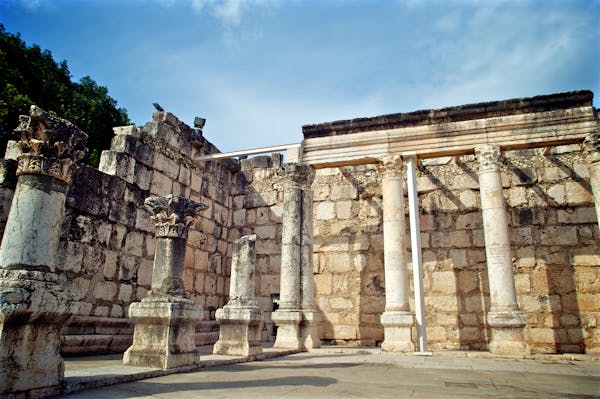The sermon on the mount is the great manifesto of the kingdom of God. It was verbalized by Jesus at the beginning of his ministry to correct the prevailing misconceptions regarding the Messiah’s mission. In many ways Jesus used this sermon to set the tone for his ministry and to give both his disciples and the people a context within which they could engage with the new kingdom of spiritual regeneration Jesus had come to set up.
The sermon on the mount took place after Jesus had given his disciples and much of the crowd, enough examples of his power and authority to create an air of expectation. They were all waiting for a grand announcement regarding his mission and kingdom. They were expecting him to renounce Rome and perhaps throw down the gauntlet before the arrogance of the Caesars.
For so long Israel had been chafing against the restraint of a foreign power, grappling with the cognitive dissonance created between the twin realities of being the chosen people of God and yet being subjugated to a heathen power. All their hopes as a nation were centered around a temporal Messiah who would come and set the world to rights. They thought Jesus was that man and in so many ways He was, just not the way they thought He should be.
When Jesus led the way up the hillside above the Lake of Galilee there was a palpable sense of hope and excitement. Everyone listened with bated breath, praying that their fondest hopes were about to come to fruition and yet, when Jesus opened his mouth the words that spilled out were so far from what they expected to hear that it brought their day dreaming to a screeching bone rattling halt.

